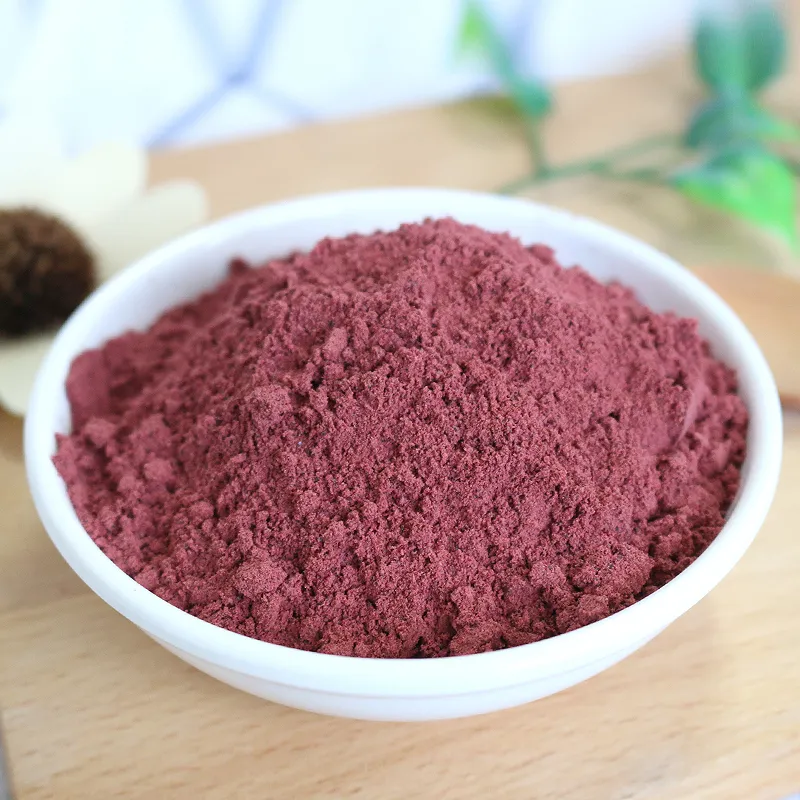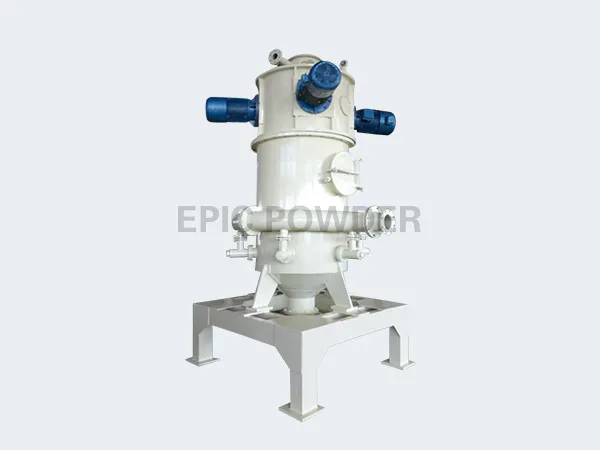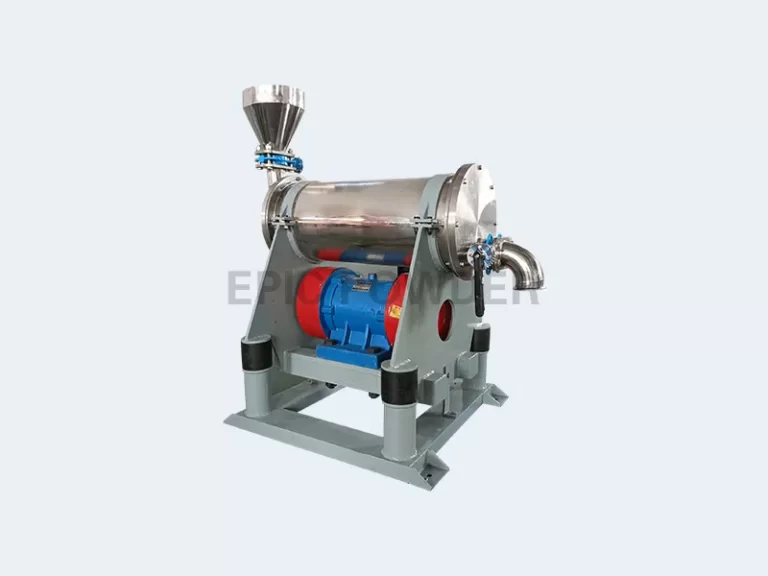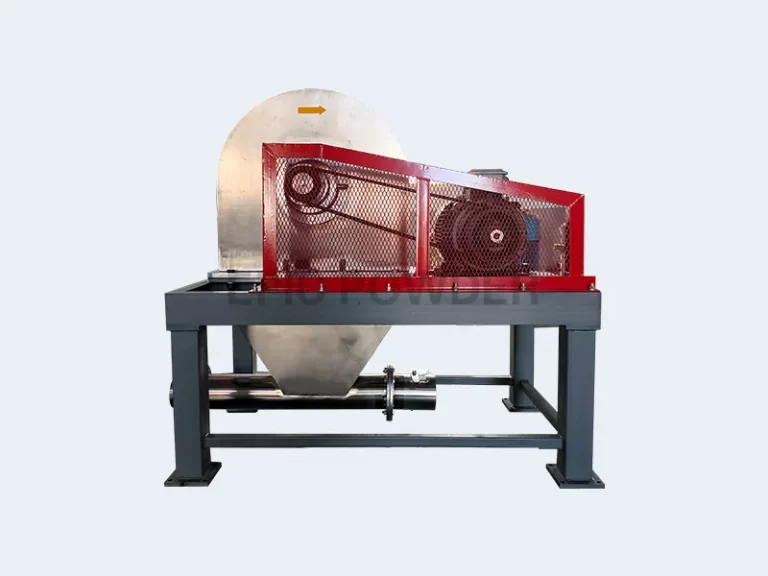Freeze-dried powders play an irreplaceable role in various sectors. In pharmaceuticals, they can prepare stable formulations of vaccines, proteins, and other biologics that require delicate handling. The food industry leverages freeze-drying to preserve flavor, nutrients, and texture in instant coffees, fruits, and nutritional supplements. Grinding freeze-dried powder to a fineness of 500 mesh requires equipment capable of high precision, low heat generation, high efficiency, and compatibility with brittle materials. Based on technical features and practical industry needs, we recommend the following types of ultra-fine grinding systems:

Jet Mill (Fluidized Bed or Flat Type)
Jet mills offer several distinct advantages for processing sensitive materials like freeze-dried powders. The ground material does not come into direct contact with mechanical parts, reducing the risk of heat buildup and contamination. By adjusting parameters such as air pressure and classifier speed, it can achieve a consistent output of 500 mesh (approximately 25 microns) reliably. The closed system allows for the use of inert gases like nitrogen, making it ideal for oxygen-sensitive or high-purity applications in pharmaceutical and food production. An integrated dynamic classifier ensures narrow particle size distribution and high product uniformity.

Vibratory Mill for Ultra-Fine Grinding
Vibratory mills employ high-frequency vibrations to cause intense impacts between grinding media and the material. This method is particularly effective for harder or fibrous freeze-dried substances such as herbal extracts or seafood powders. Many modern vibratory mills come equipped with cooling jackets or cryogenic options to maintain low temperatures throughout the process, preserving thermolabile components. They support batch processing from small to medium scales and allow easy adjustment of grinding time and media type to tailor particle size. The lining is often made of ceramic to minimize contamination.

Mechanical Impact Mill (Pin Mill / Turbo Mill)
Mechanical impact mills utilize high-speed rotating discs (Line speed up to 80-120m/s) or pins to apply shear and impact forces. Single machine production capacity can reach 50-500kg/h. This makes them suitable for large-scale production of freeze-dried powders. Through screen selection or gap adjustment between the rotor and stator, these mills can readily achieve a 500-mesh fineness with good efficiency and relatively low energy consumption. They have advantages of sanitary, easy-to-clean surfaces and support CIP (clean-in-place) or SIP (sterilize-in-place) functions, which align with GMP standards. These systems represent a cost-effective solution, especially in food and cosmetic industries where high throughput is essential.

Summary and Selection Guidance
The optimal choice of equipment depends on material properties, production scale, and sector-specific requirements. For tougher materials such as freeze-dried roots or certain animal-based products, a vibratory mill may deliver better performance. In large-volume applications like food powder production, mechanical impact mills provide the best balance between cost and capacity.
It is advisable to conduct small-scale trials and engage with equipment suppliers to tailor the system.

About Epic Powder
Epic Powder specializes in the development and manufacturing of advanced size reduction technologies. We offer robust and innovative grinding solutions—including jet mills and air classifier mills. Epic Powder provides tailored support from testing to production-level setup, helping clients achieve desired powder characteristics efficiently and consistently.